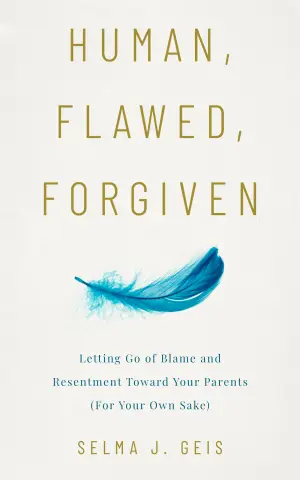L’Effondrement: A Heart-Wrenching Reflection on Dreams and Determinism
Reading Edouard Louis’s L’Effondrement felt like stepping into a world that mirrors the gritty realities of life while wrapped in the tender, complex layers of familial love and loss. As someone who has followed Louis’s work since he began exploring his life’s narratives, I couldn’t resist diving into this new tale that centers on his brother’s life and untimely death. The raw honesty and poignant storytelling drew me in, compelling me to reflect on my own relationships and societal intricacies.
At its core, L’Effondrement is not just a biography of Louis’s brother, but an exploration of dreams that collided tragically with harsh realities. Through the lens of his brother’s aspirations—hopes of becoming a renowned artisan, of escaping the confines of their impoverished upbringing—Louis expertly articulates the suffocating weight of socio-economic determinism. “Mon frère a toujours eu cette tendance à vouloir le monde,” he writes, vividly encapsulating the heartbreaking chasm between grand dreams and stark reality.
This book resonates deeply due to its nuanced portrayal of struggle. Louis captures the internal battle of his brother, who felt trapped in a life where "il ne pouvait pas se permettre d’essayer." It’s a lament for lives constrained by their circumstances, a sentiment that struck a chord in me as I navigated my own reflections on privilege and opportunity. The narrative paints not only a portrait of failure but also reveals the systemic injustices that dictate destinies.
Louis’s writing style is a compelling blend of autobiographical storytelling and reflective meta-narrative. His choice to place himself within the story—writing about the very act of writing—creates an engaging dialogue that might irritate some, yet for me, it deepened the emotional connection to the text. His introspective insights linger long after reading, prompting contemplation about the complexities of familial bonds and personal choices.
One particular passage that reverberates in my mind is when Louis reflects on the absence of support for his brother, highlighting the disparity in access to opportunity. The line, “l’Injustice, ce n’est rien d’autre que la différence d’accès à l’erreur,” captured the essence of so many lives caught in the cycle of poverty and despair. It’s a painful acknowledgement that I couldn’t help but dwell on, a sentiment that echoes far beyond the pages of the book.
In just a day, I found myself devouring this short yet impactful work—Louis’s prose has a way of enveloping you, leaving you altered by its weight. If L’Effondrement speaks to the contradictions of dreams that so many of us chase in the face of societal limitations, then it’s also a love letter to the complexities of brotherhood and a call to recognize our shared humanity.
I would recommend L’Effondrement to anyone seeking an authentic narrative that lays bare the human condition, offering both heart-wrenching and thought-provoking insights. It’s a profound read for those interested in understanding the interplay between social structures and personal destinies, showing that while dreams may crumble, the discourse around them can be transformative. This book has left an indelible mark on my heart, reminding me of the fragility of dreams and the resilience of hope.






